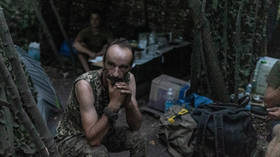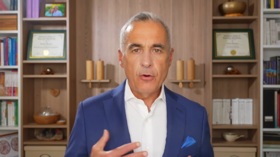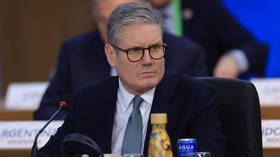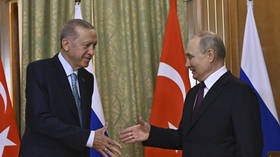‘West must use Russian door to resolve Syrian crisis’
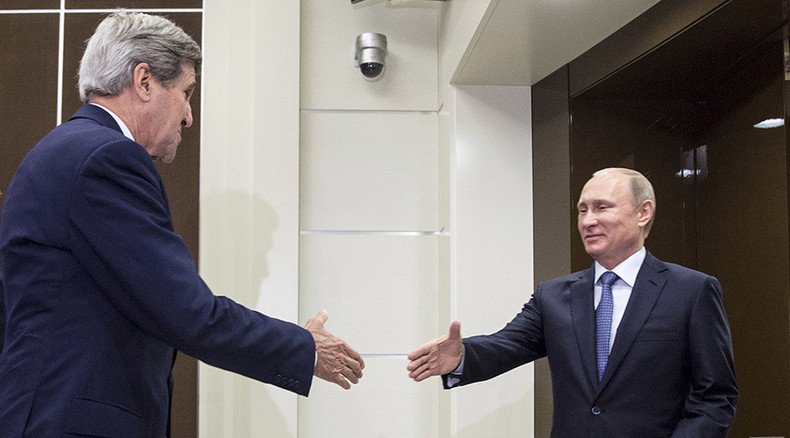
With the Russian intervention in Syria, the tide is moving and now everyone wants to salvage whatever political gains they think they can, Syrian political activist Ammar Waqqaf told RT.
READ MORE: US seeks talks with Russia, Saudi Arabia, Jordan, Turkey on Syria – Kerry
RT: Moscow's previous proposals to discuss the situation in Syria with the White House were ignored. Why the change of heart now?
Ammar Waqqaf: The Russian intervention has brought some sense to everyone, in the sense that their strategy was to push the Syrian government to make as much concessions as possible via military pressure with the threat that the “regime,” so to speak, could be overthrown at any moment. But the Russian intervention, and apparently a very carefully planned military offensive by the Syrian Army in parallel with the Russian intervention, has put everyone into a halt. The tide has been moving the other way around. And so everyone now wants to salvage whatever political gains they think they can. And we probably are heading to ‘Geneva Version 2.’ In a sense, they might think of a different sort of transition without saying “Assad must go,” or this or that faction might be on the table; probably a more softened and realistic sort of transition.
RT: John Kerry is still saying that support for Syria’s President Assad will fail and lead to "more bloodshed, more extremism and more jihadists.” So what is there to discuss with Russia?
AW: First of all, there is a bit of a smokescreen here: the real support for the Syrian government comes from a large proportion of the Syrian people. And as long as that support is there, and I can definitely tell you that it has increased in the past few weeks. With a bit of hope and Syrian Army advances there is not going to be any solution that is imposed from the outside saying “the Syrian government must go” or “the regime must go.” So, at the end of the day what they are trying to achieve is to say: “Okay, we could probably accept that, for example, President Assad stays there for a six- month period or three-year period, whatever it is, but we need to have a certain transitional body with certain powers.” And what the group of nations that are being brought to the table symbolizes is that there are regional players who may have interests and who may have spent a lot of money to destabilize the Syrian government and they need to have a say. Again, we are probably heading towards ‘Geneva Version 2.’
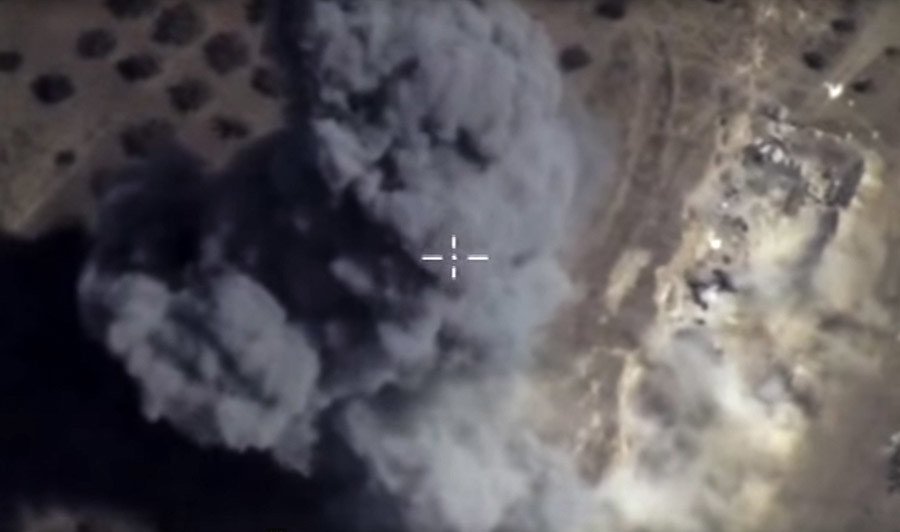
RT: Do you envisage Washington talking to Assad in any way to try to destroy ISIS?
AW: I don’t think ISIS has ever been a measured concern or an imminent threat, so to speak, to the Americans. They just needed to contain them lest they spill over to Jordan, to Saudi Arabia. But they have been, in my understanding, and a lot of people would actually agree, they have been using ISIS to pressure the Syrian government. Whenever ISIS was going westwards, like Palmyra, even now in their… clashes that are taking place, nobody is intervening from the Western side. So I don’t think talking to President Assad vis-à-vis dealing with ISIS is an issue.
They just want a political change in Syria whereby or through which they might have better influence. And they know because of their stance, because of their confrontational and adversarial stance against the Syrian government, they are not going to achieve that… by talking to President Assad, and by talking to the Syrian government which is a shame, because I think that ISIS is a real threat to everyone in the region and the Americans and their allies in the region, too, have a lot of leverage on stopping this disease, this cancer. And it’s an ideology it is not a group. So, they should talk to the Syrian government and the way they see it at the moment, because they’ve cut all ties and there is no way back for them, they have to go through the Russian door, which is again a shame because the Syrian government is there and obviously the Russians and the Iranians are huge allies and they are standing for their own interests there. But at the end of the day, this sort of ideology needs to be engaged first hand, not through proxies.
LISTEN MORE:
The statements, views and opinions expressed in this column are solely those of the author and do not necessarily represent those of RT.



